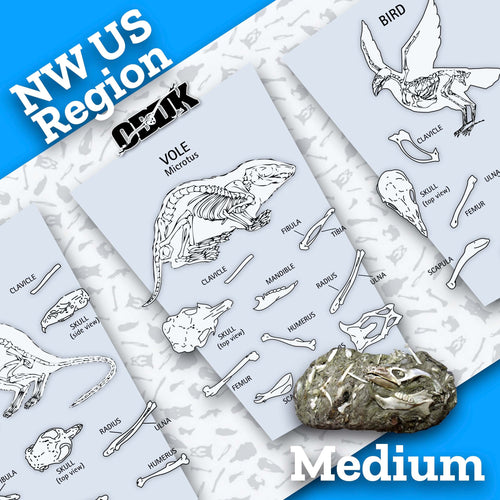Birds are incredibly important and they’ve faced many challenges over the years from human activity. The U.S. has done a lot to help protect birds from the intentional and unintentional actions of both individuals and whole industries through the Migratory Bird Treaty Act of 1918.
The goal of this act is to protect native, migratory birds from being killed, captured, sold, traded, or transported without the permission of the U.S. Fish and Wildlife Service.1 This also includes their nests and eggs.2 The act also includes treaties that the U.S. signed with Canada, Mexico, Japan, and Russia to protect shared bird species.1
According to Audubon, this is, “America’s most important bird protection law.”3 Almost all of the native birds within the United States are protected under this law. It’s brought many species back from the brink of extinction.3 The key here is that because the Migratory Bird Treaty Act covers both intentional and unintentional killing of birds, there’s an incentive for companies to take precautions to make sure their actions aren’t harming birds.3&4
The concern for our birds began back in the 1800s, where birds were being hunted so that feathers could be used as fashion accessories for hats. Over the next century, many species of bird went extinct because of this. In 1916, the U.S. signed a treaty with Great Britain – this was the deal with Canada, still part of Britain at this point – to protect birds. Then in 1918, Congress passed the Migratory Bird Treaty Act, which offers protections for birds, their nests, eggs, and feathers. To violate any of this was now a crime.2
Once the 1970s rolls around, the first charges are brought against hunters and companies that deal with oil, gas, timber, mining, chemicals, and electricity who are killing millions of birds each year through their actions. In many of these industries, simple reforms could have stopped these bird deaths.2
A great example of the Migratory Bird Treaty Act in action is back in 2010 after the BP oil spill. Many birds were killed due to this accident and BP found itself facing a $100 million fine because of it.4
This act is so important because birds are struggling. We’ve already lost billions due to climate change, and two-thirds of birds continue to be at risk.4 Having strong protections in place helps ensure that common-sense precautions are established to help these birds where we can.
Have you checked out our resources page yet? You’ll find videos about owls and other carnivores, as well as our Habitat, Habits, and Prey Guide!
Dive in here.
|



